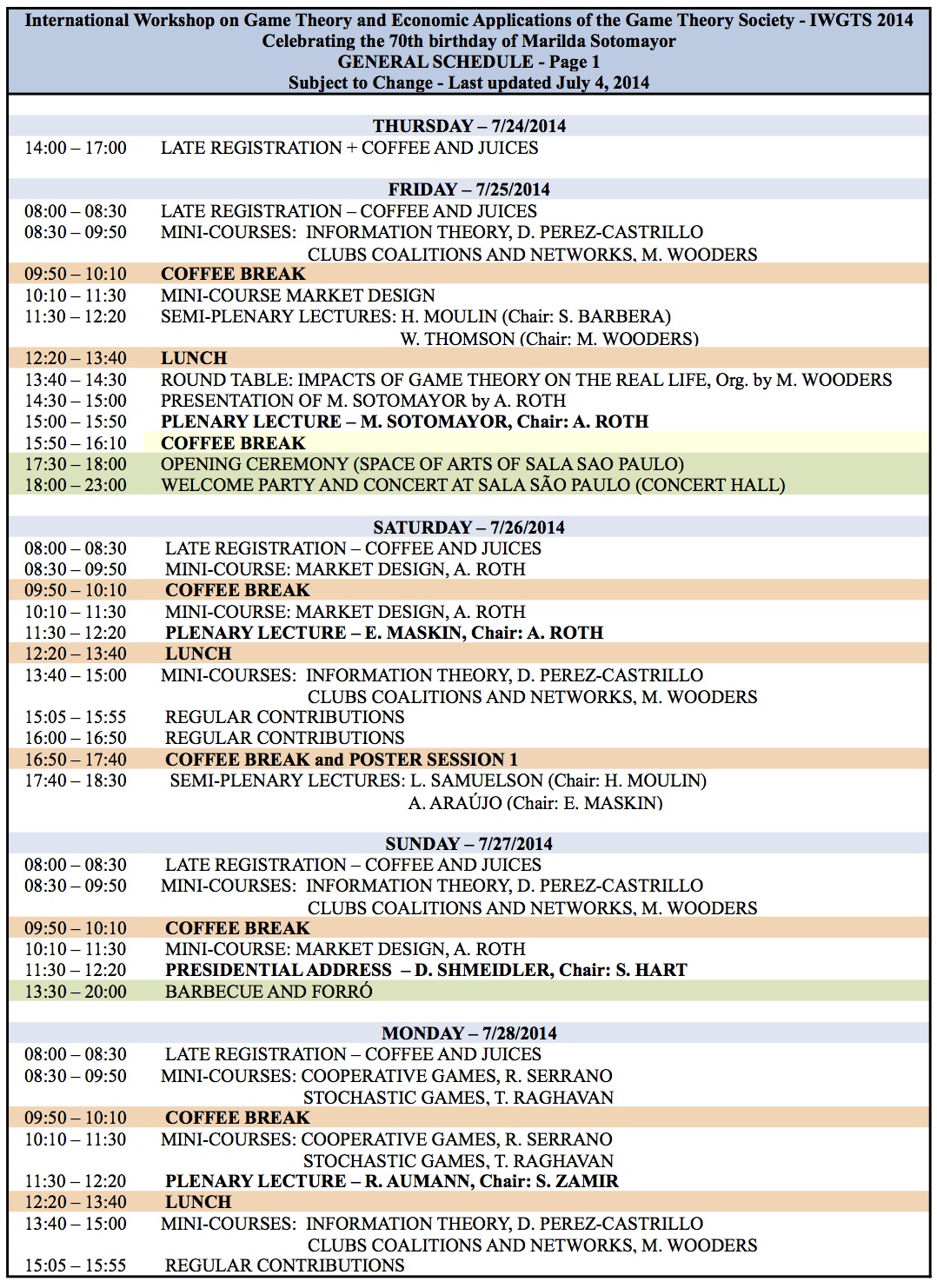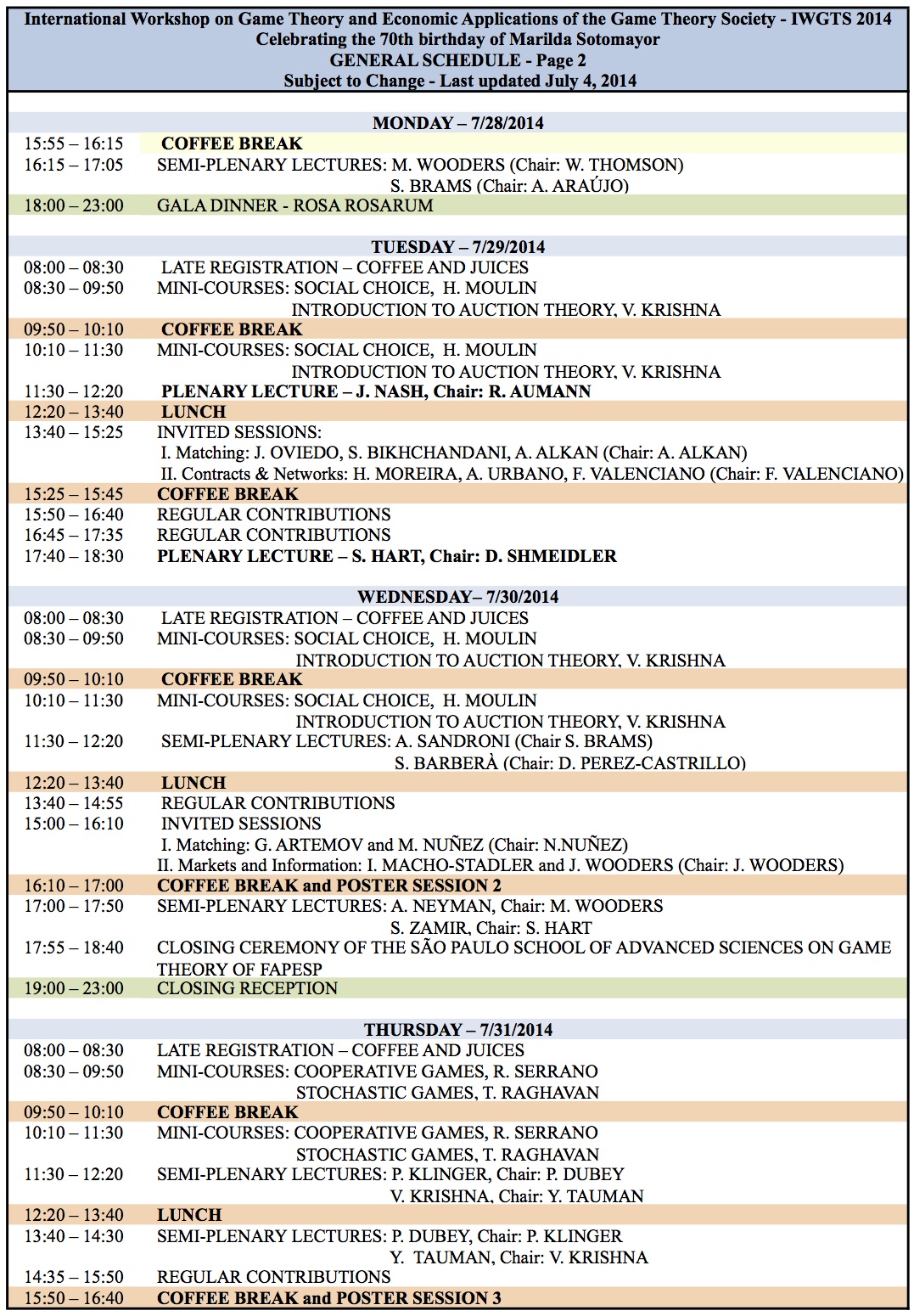An interesting long article by Ethan Watters in the July/August issue of the Pacific Standard:
The Organ Detective: A Career Spent Uncovering a Hidden Global Market in Human Flesh discusses Nancy Scheper-Hughes, her work, and her position on where anthropology should try to position itself between science and activism.
"Scheper-Hughes’ investigation of the organ trade would be a test case for a new kind of anthropology. This would be the study not of an isolated, exotic culture, but of a globalized, interconnected black market—one that crossed classes, cultures, and borders, linking impoverished paid donors to the highest-status individuals and institutions in the modern world. For Scheper-Hughes, the project presented an opportunity to show how an anthropologist could have a meaningful, real-time, and forceful impact on an ongoing injustice.
...
"Since the mid-1990s, Scheper-Hughes has published some 50 articles and book chapters about the organ trade, and she is currently in the process of synthesizing that material into a book, tentatively titled A World Cut in Two. Over the years, she has had an outsize impact on the intellectual trends in her field, and her study of the organ trade is likely to be her last major statement on the meaning and value of the discipline to which she has devoted her life. Whether this body of work represents a triumph of anthropological research or a cautionary tale about scholarly vigilantism is already a hotly disputed question among her colleagues.
...
"In a 1995 debate with the anthropologist Roy D’Andrade in the pages of Current Anthropology, Scheper-Hughes argued for what she called a “militant anthropology,” in which practitioners would become traitors to their class and nation by joining political battles arm in arm with their subjects. The job of the anthropologist wasn’t simply to document the quotidian but to strip away appearances and reveal the hidden forces and ideologies that leave people dominated and oppressed. To do this, she suggested throwing off the traditional guise of the academic—in “the spirit of the Brazilian ‘carnavalesque’”—and joining the powerless in their fight against bourgeois institutions like hospitals and universities.
“The new cadre of ‘barefoot anthropologists’ that I envision,” she wrote, “must become alarmists and shock troopers—the producers of politically complicated and morally demanding texts and images capable of sinking through the layers of acceptance, complicity, and bad faith that allow the suffering and the deaths to continue.”
...
"“With the moral model, the truth ain’t exactly the thing that everyone strives for,” D’Andrade, who is now retired and living in Northern California, told me. “What you strive for is a denunciation of a real evil.” I asked him who prevailed in his public debate with Scheper-Hughes. “I believed that after the kerfuffle that people would get back to asking, ‘How do you know something is true or not?’ But in the end, the moral model swept the country and cultural anthropology stopped being anything that a self-respecting social scientist would call a science. The hegemony of the Scheper-Hughes position became total.”
...
"In the Philippines, kidney sellers she interviewed often pulled up their shirts, displaying their nephrectomy scars with evident pride. They spoke of the surgery as a sacrifice made for their families, and members of their community sometimes compared their abdominal incisions to the lance wounds Christ received on the cross. In Moldova, as she reported in a 2003 paper published in the Journal of Human Rights, people who had sold their kidneys were considered so morally and physically compromised that they were treated as social pariahs. “That son of a bitch left me an invalid,” one Moldovan paid donor said of his surgeon. Young Brazilian men who had been flown to South Africa to sell their kidneys described to Scheper-Hughes how the experience had gained them a pass into the world of tourism and medical marvels. One told her that his main regret was not having spent more time in the hospital. “There were clean sheets, hot showers, lots of food,” he recalled. As he recovered, he went down to the hospital courtyard and bought himself his first cappuccino. “It was like ambrosia,” he said. “I really felt like a big tourist.” In the end, some attested that they would make the deal again, and some regretted the decision.
...
"One convicted broker, Gadalya “Gaddy” Tauber, gave her lengthy interviews while serving out his sentence in Henrique Dias military prison in Recife, Brazil. Tauber, she learned, had facilitated a trafficking scheme that sent poor Brazilians to a private medical center in South Africa to supply kidneys for Israeli transplant tourists. He employed a number of “kidney hunters,” some of whom were young men who had already donated their kidneys, to find new recruits. In the end, it wasn’t difficult. Once the first young men came back from surgery centers in South Africa showing off their thick rolls of cash, Tauber and his associates had more willing donors than they needed. They began to drop the price they offered to donors from $10,000 to $6,000 and then to $3,000, Scheper-Hughes reported in a 2007 profile of Tauber.
...
“Transplant surgeons vie only with the Vatican and its cardinals with respect to their assumption of privilege, irrefutability and of a kind of ‘divine election’ that seems to place them above (or outside) the mundane laws that govern ordinary mortals,” she wrote in one article. “Like child-molesting priests among Catholic clergy, these outlaw surgeons are protected by the corporate transplant professionals hierarchy.”
...
"Although she rejects Rothman’s contention that she is hostile to doctors, Scheper-Hughes has long argued that it is her job to investigate an insulated surgical profession prone to self-glorification. She felt obligated to challenge doctors who talked of “saving lives”—as if the benefits to organ recipients trumped all other concerns. She saw bioethicists who argued for a regulated market in kidneys as “handmaidens of free-market medicine.” And she likewise criticized tame, “clinically applied” medical anthropologists who work closely with doctors to provide the spoonful of cultural knowledge that helps the Western medicine go down.
Back in 1990, she argued that the job of a medical anthropologist was to question, even ridicule, Western medicine.
...
"In the medical community, despite her record of antagonization, many transplant surgeons give Scheper-Hughes credit for bringing widespread abuses to light, and for revealing the voices of donors and middlemen in the transplant trade. “She’s pointed out that underground illegal markets really do exist,” says Arthur Matas, the director of the Renal Transplant Program at the University of Minnesota. While most transplant surgeons like to think that their community would never participate in such a black market, Matas says, Scheper-Hughes has made it clear that they do—“sometimes unknowingly and sometimes knowingly.”
Here are some
previous posts in which I've written about Scheper-Hughes and her work on black markets in organs.
 FREE
FREE





